Photo Gallery
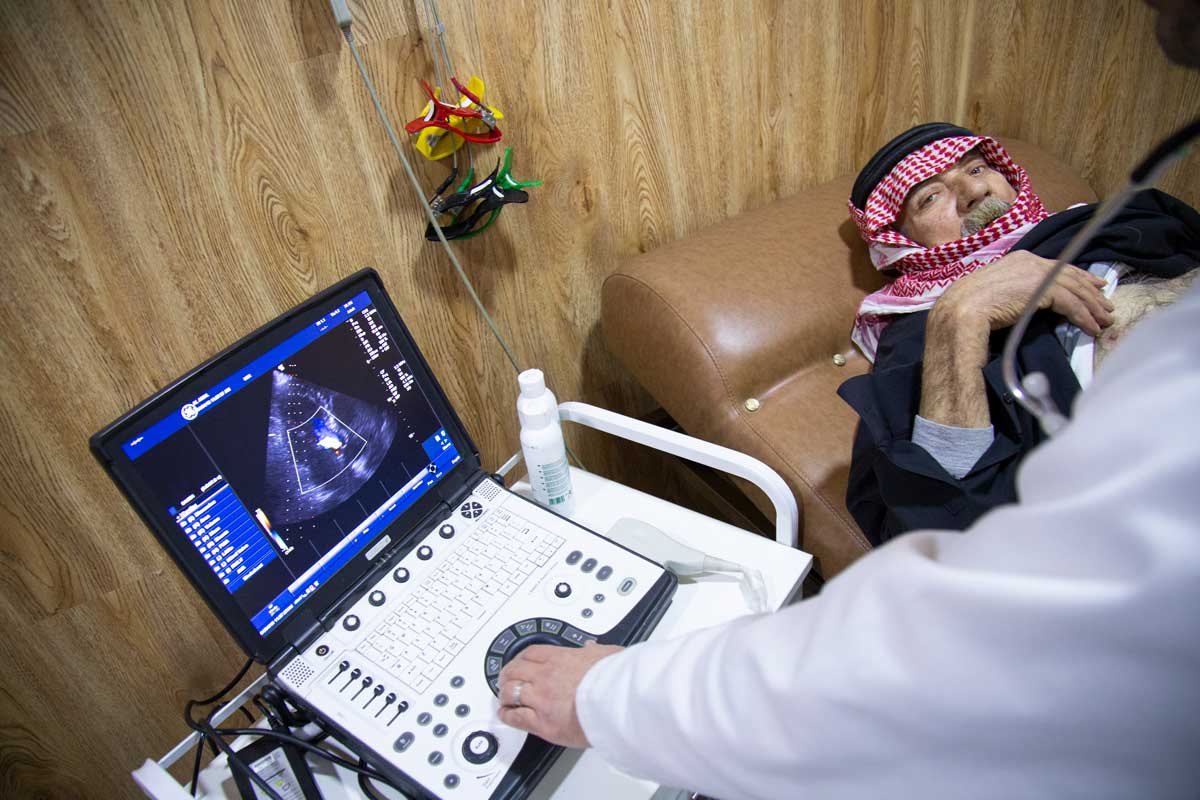
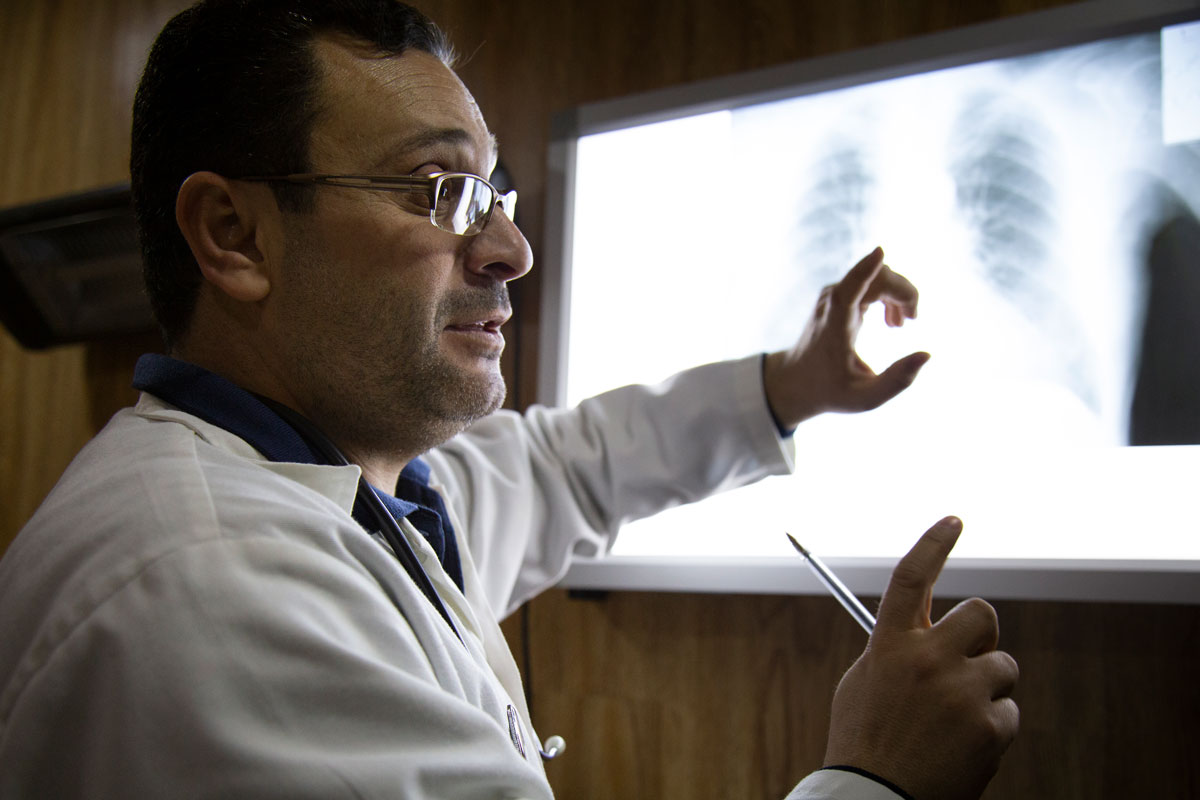
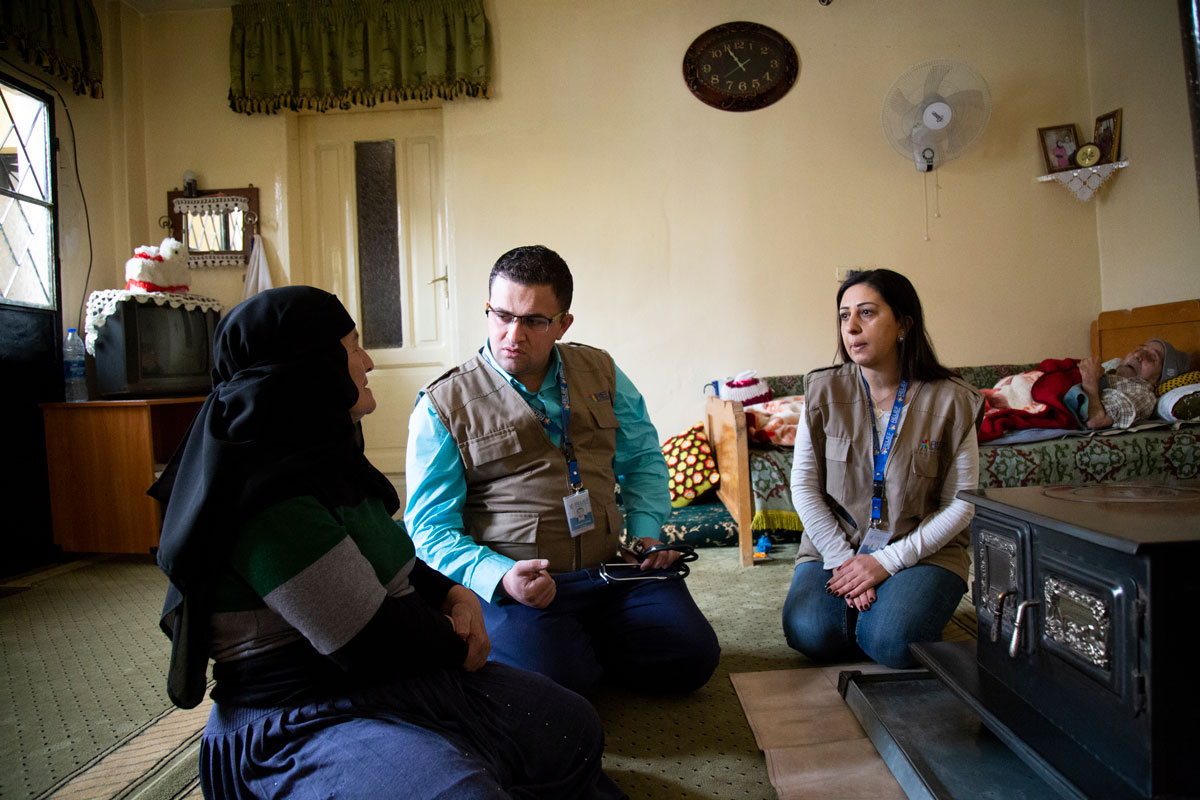
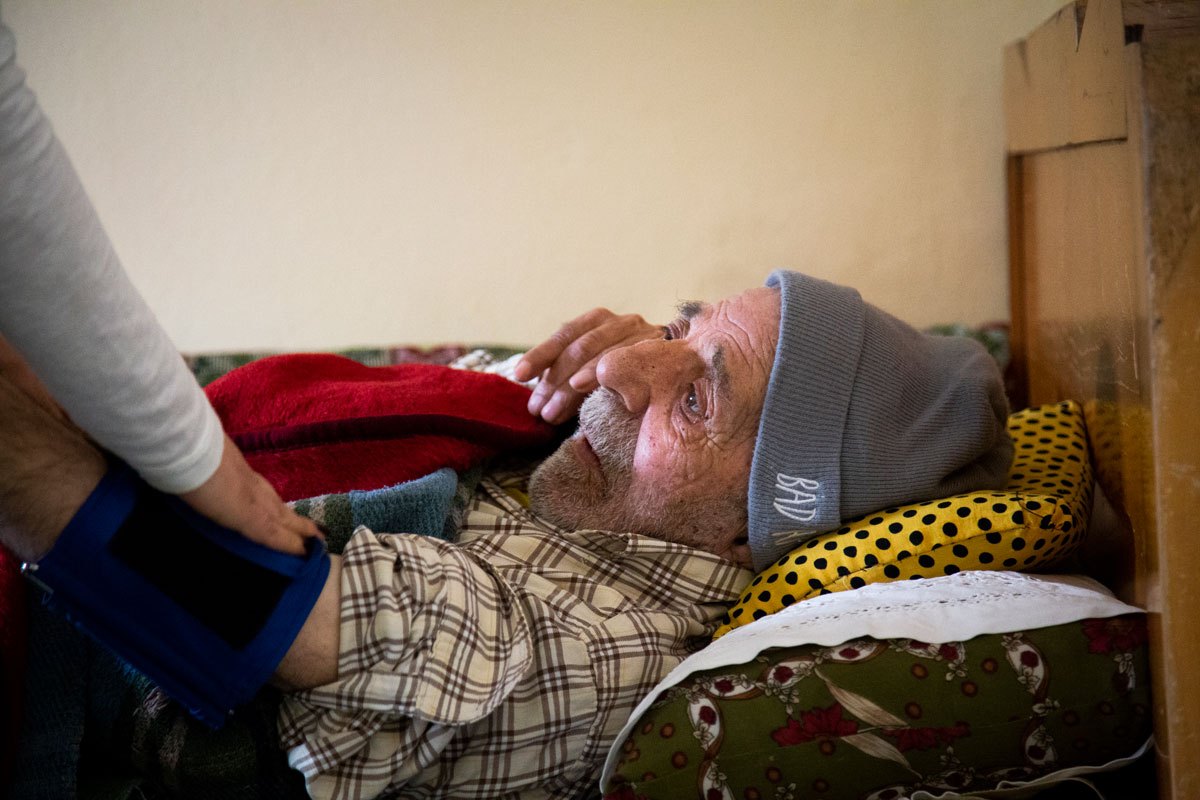
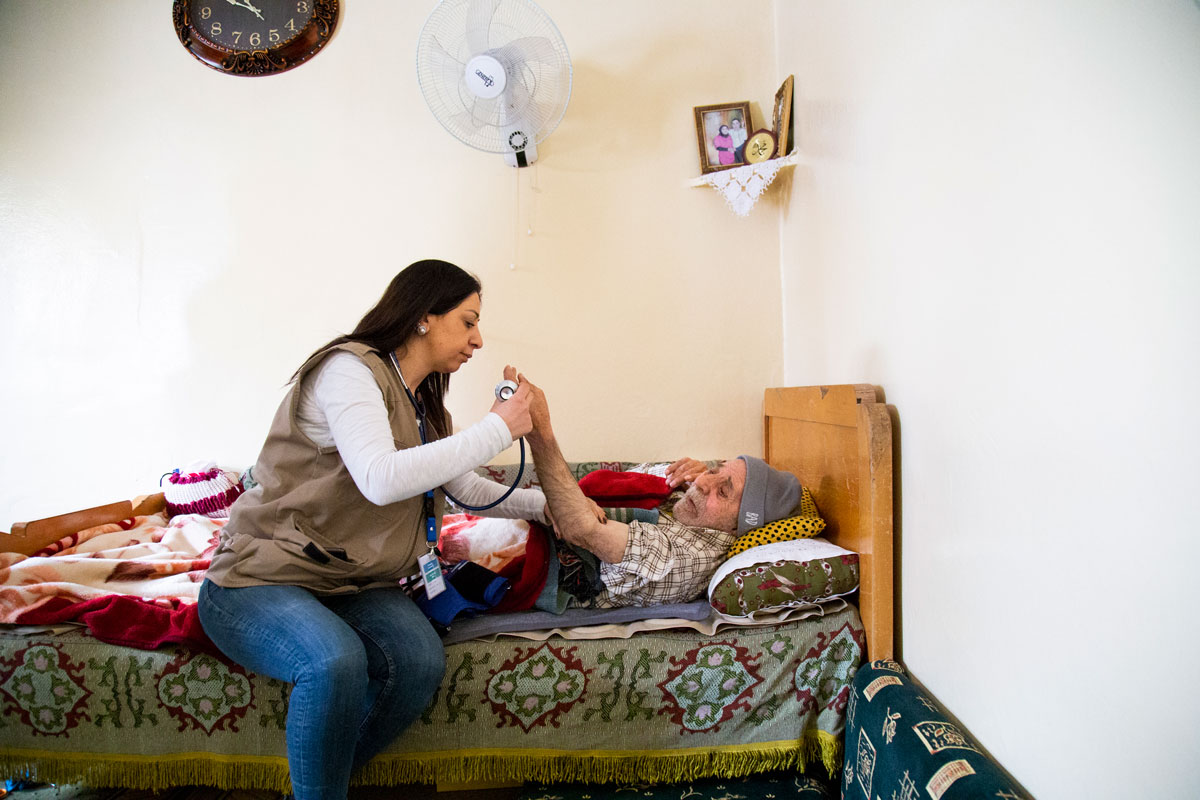
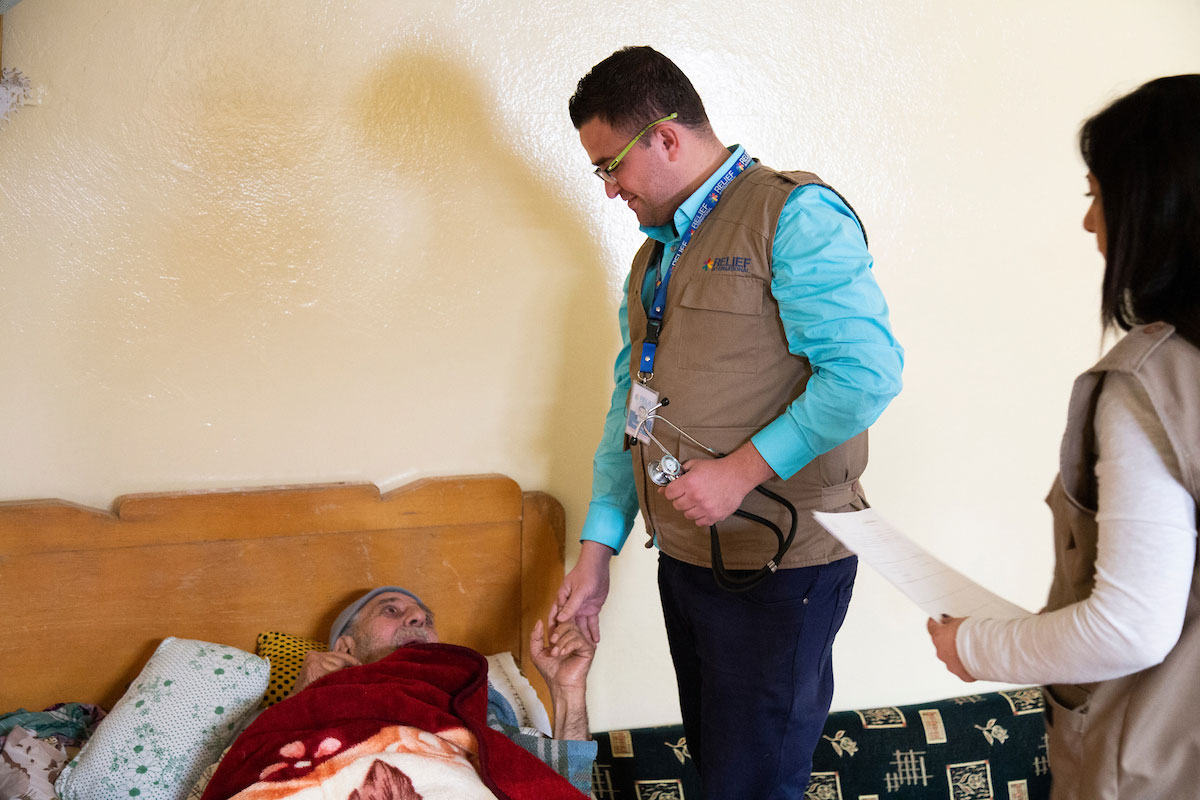
Relief International operates one of the few programs in Lebanon dedicated entirely to the care of older people who are among the most vulnerable in fragile settings.
The elderly face their own unique set of health challenges that are distinct from other age demographics in fragile settings.
In Lebanon, already vulnerable Syrian refugees are often sheltered among the poorest communities, sharing scarce resources with Lebanese residents, many of whom live below the poverty line themselves. In addition to grappling with the natural challenges of aging, many elderly Syrians suffer from mental health issues after enduring the traumas of violence and displacement from the Syrian war.
From 2011-2017, fighting from the Syrian war spilled over the border into the Lebanese border region of Arsal, cutting off the town’s local residents and Syrian refugee population from critical services for years. While services have started to return to the area, many remain inaccessible to the elderly whose limited mobility and constrained financial resources may prevent them from accessing traditional healthcare clinics or hospitals. Relief International remains one of the largest providers of primary healthcare and specialized mental health services in the region, and in 2019 we began targeted expansion of these services to elderly patients.
Our teams conducted a survey of 114 informal tent settlements where they identified more than 650 individuals above the age of 59 with limited access to healthcare. In addition, a recent study published in 2015 on the health status and needs of older Syrian refugees in Lebanon further supported the vulnerability of this population. Two-thirds of those surveyed described their health status as poor or very poor. Many reported living with at least one non-communicable disease, with 60% experiencing hypertension, 47% suffering from diabetes, and 30% indicating that they live with heart disease. The majority of respondents disclosing difficulties affording medication.
As part of this project, Relief International upgraded the facilities of Al Amal Medical Center in Arsal to take into account the needs of older patients. We’ve also strengthened the capacity of the facility’s staff on proper case management for diseases that disproportionately affect older adults.
Through outreach measures conducted by trained volunteers selected from the local Lebanese residents and Syrian refugee communities, Relief International aims to raise awareness about the wide spectrum of services available at Al Amal Medical Center. In addition, these volunteers also refer elderly patients for specialized mental health services provided by Relief International’s trained social workers and clinical psychologists. For patients with limited mobility, Relief International staff will deliver these services to patients in their homes to ensure healthcare remains accessible to all.
With support from the OCHA – Lebanon Humanitarian Fund, this program also covers a portion of the hospitalization bills for Syrian refugees in the North, BML and Bekaa not covered by UNHCR, the UN Refugee Agency.